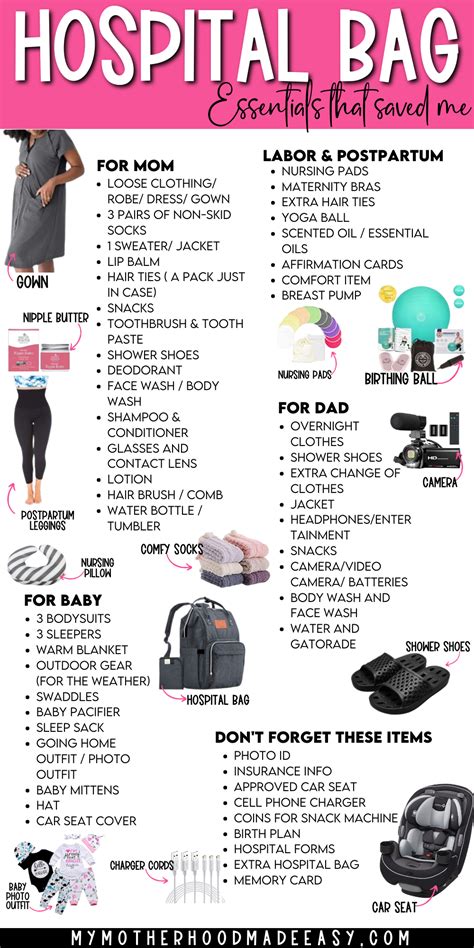Colostrum: A New Mom's Essential Hospital Item
Congratulations, new mom! As you prepare for your hospital stay and the arrival of your little one, you're likely focusing on packing essentials like comfy clothes and toiletries. But there's one often-overlooked item that deserves a prominent spot on your packing list: colostrum. While it might not be the first thing that comes to mind, this "liquid gold" is crucial for your baby's health and well-being, making it an absolute essential for your hospital bag.
What is Colostrum?
Colostrum is the first milk your breasts produce after giving birth. It's a thick, yellowish fluid, often described as being similar in consistency to honey. Don't let its appearance fool you; colostrum is packed with powerful nutrients and antibodies that are vital for your newborn's immune system. It's a highly concentrated form of everything your baby needs to start life strong.
Why is Colostrum So Important?
Colostrum's importance can't be overstated. It's a powerhouse of benefits, acting as both nutrition and medicine for your baby:
-
Immunity Boost: Colostrum is rich in immunoglobulins (IgA, IgG, IgM), antibodies that protect your baby from infections. This is especially crucial in the early days, when their immune system is still developing and they're particularly vulnerable.
-
Gut Health: Colostrum contains prebiotics and probiotics, which promote the growth of beneficial bacteria in your baby's gut. This helps establish healthy gut flora, essential for digestion and overall health.
-
Reduced Risk of Illness: Studies suggest that babies who receive colostrum are less likely to experience infections like respiratory illnesses and diarrhea.
-
Laxative Effect: Colostrum helps your baby pass their first meconium (their first stool), reducing the risk of jaundice.
-
Nutrient-Rich: Although in small quantities, colostrum contains essential nutrients including protein, vitamins, and minerals to support your baby's growth.
What if I don't produce much colostrum?
Some mothers worry about their colostrum supply. While the amount may vary, even a small amount is beneficial. Your body produces exactly what your baby needs at that stage. Don't stress if you don't feel you're producing a large amount – speak to your midwife or lactation consultant if you have concerns.
How can I ensure my baby gets colostrum?
Skin-to-skin contact immediately after birth is vital for facilitating the first feed. The warmth and closeness stimulate the let-down reflex and encourage your baby to latch. Early and frequent breastfeeding in the first few hours and days after birth helps to establish a strong milk supply.
How do I store colostrum?
If you choose to express colostrum (which is not always necessary), it can be stored in sterile containers or breast milk storage bags in the refrigerator for up to five days or in a deep freezer for up to six months. Always label containers with the date of expression.
Should I bring a breast pump to the hospital?
While not absolutely necessary for every mom, a hospital-grade breast pump may be beneficial if you anticipate difficulties latching or if you need to express colostrum for any reason. Discuss your needs with your healthcare provider.
Can I give my baby formula if I don't have enough colostrum?
While formula can provide nutrition, colostrum offers unparalleled benefits that formula cannot replicate. Speak to your healthcare provider if you have concerns about your colostrum supply. They can offer support and guidance.
Conclusion
Colostrum is much more than just the first milk; it's a precious gift that provides your baby with a crucial head start in life. By understanding its importance and taking steps to ensure your baby receives it, you're investing in their long-term health and well-being. Make colostrum a priority on your hospital packing list – you won't regret it!

